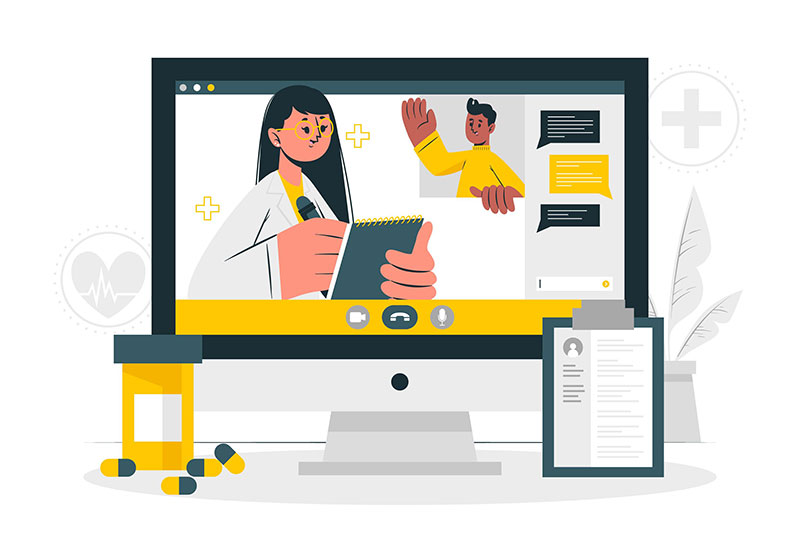Explore the Different Kinds of Medical Coding Training Available for Aspiring Coders
In the advancing landscape of health care, clinical coding emerges as an encouraging profession course for tech-inclined individuals. Thus, a spectrum of training programs has appeared, each dealing with different understanding styles and job goals. From conventional class settings to versatile on-line training courses, and specialized accreditations, the methods are numerous and different. Deciphering these choices, however, needs a much deeper understanding, making it essential for prospective students to start a journey of exploration and decision-making.
Deciphering the Fundamentals of Medical Coding Training
Usually misconstrued, clinical coding is an essential component in the healthcare industry. It serves as a language, converting medical care medical diagnoses, treatments, services, and tools right into globally approved, alphanumeric codes (Medical Coding Institute in Hyderabad). These codes develop an important part of clinical records and billing processes, ensuring accuracy and harmony in the paperwork of client care
Clinical coding training, as a result, gears up learners with the abilities to comprehend and accurately assign these codes. Training courses normally cover a broad variety of subjects, including anatomy and physiology, clinical terms, and the particular coding systems, such as the International Category of Illness (ICD) and Current Step-by-step Terminology (CPT)
The training not only concentrates on theoretical knowledge yet also stresses functional application with coding workouts and situation studies. This mix of theory and technique prepares striving programmers for the complexity and challenges they may face in their specialist journey within the medical care industry.
Online Vs Typical Classroom: Contrasting Medical Coding Training Systems
As the digital age continues to advance, so do the systems for medical coding training, providing a choice in between standard class training and online courses. Standard class training supplies in person interaction, immediate comments, and a structured understanding setting.
On the other hand, online programs provide versatility, permitting students to research at their very own rate and ease. They provide access to a wealth of resources and enable learners to review products as lot of times as required. Online learning requires self-control, excellent time monitoring, and might limit opportunities for direct communication with peers and trainers.
The choice between these 2 systems depends upon an individual's learning design, routine, and personal preferences. Both systems aim to deliver comprehensive clinical coding training, preparing hopeful programmers for a satisfying occupation in the health care industry.
Browsing the Path to Specialized Medical Coding Certifications

This accreditation confirms the programmer's effectiveness in checking out medical graphes and designating right codes for procedures, diagnoses, and solutions. Continued Following this, programmers can strive for even more specific certifications, such as the Qualified Inpatient Coder (CIC), or Qualified Danger Adjustment Programmer (CRC) among others.
Verdict
In final thought, different medical coding training choices exist for striving coders, each dealing visit this web-site with various understanding choices and way of livings. Whether it's standard classroom training for those who prefer structure and straight interaction, or on-line training courses for those looking for versatility, there's something for everybody. Specialized certifications such as CPC and CIC further boost occupation prospects, making it crucial for students to thoroughly consider their needs and objectives when selecting their training path.
In the advancing landscape of health care, clinical coding emerges as an encouraging occupation path for tech-inclined people. These codes form an essential component of clinical records and payment processes, making certain precision and harmony in the documentation of individual care.
